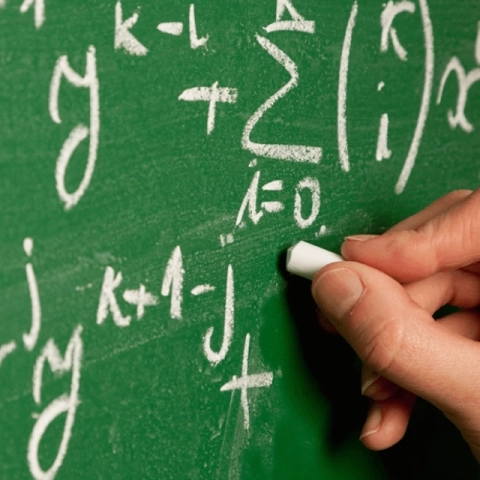The Master of Science in Mathematics is a rigorous and comprehensive postgraduate program designed to deepen students' understanding of advanced mathematical concepts and methodologies. The program offers a balanced curriculum that encompasses both pure and applied mathematics, fostering analytical thinking, logical reasoning, and research aptitude. Students engage with core areas such as Real and Complex Analysis, Abstract Algebra, Functional Analysis, Topology, Differential Equations, and Mathematical Modelling, while also exploring emerging fields like Cryptography, Fuzzy Logic, and Computational Mathematics. The program encourages critical inquiry, interdisciplinary learning, and the practical application of mathematical tools in science, engineering, data science, and industry. Through a combination of coursework, seminars, and a research-oriented dissertation, the program equips graduates with the expertise required for careers in academia, research institutions, finance, technology, and various scientific sectors, or for pursuing doctoral studies in mathematics and related disciplines.
Duration of programme
Level of Study

Advanced Algebra and Number Theory
Real and Complex Analysis
Topology and Geometry
Functional Analysis and Operator Theory
B.sc in relevant discipline
ST/SC- 45% and Gen/OBC-60%